Cadillac Celestiq Prototype: 𝘛𝘩𝘦 𝘜𝘭𝘵𝘳𝘢-𝘓𝘶𝘹𝘶𝘳𝘺 𝘍𝘭𝘢𝘨𝘴𝘩𝘪𝘱 𝘛𝘩𝘢𝘵 𝘙𝘦𝘷𝘪𝘷𝘦𝘴 𝘋𝘦𝘵𝘳𝘰𝘪𝘵 𝘉𝘰𝘭𝘥𝘦𝘴𝘵 𝘋𝘳𝘦𝘢𝘮𝘴
- Get link
- X
- Other Apps
Explore the Cadillac Celestiq prototype—an ultra-luxury electric vehicle that pays homage to Cadillac’s opulent past while driving the future of American car design. Discover its legacy, innovation, and future collector appeal.
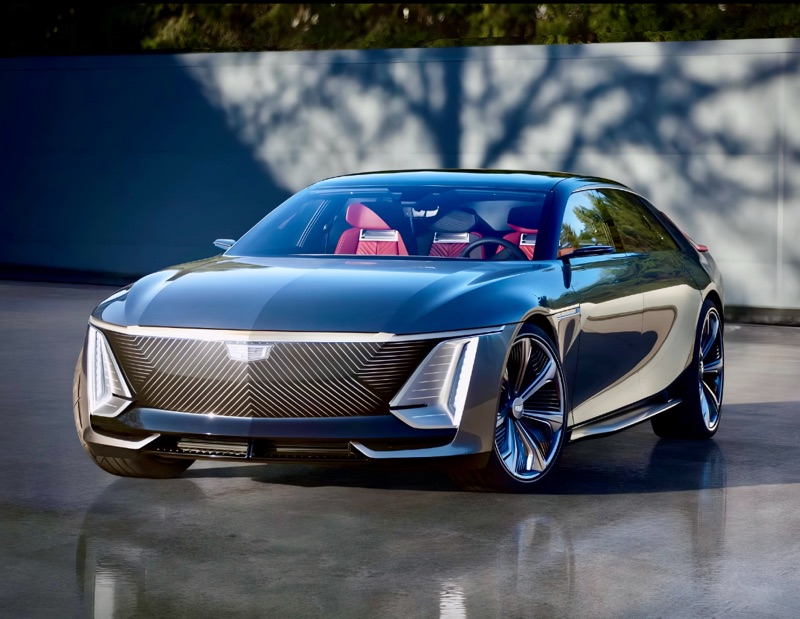
The Cadillac Celestiq Prototype: Reinventing American Luxury from the Ground Up
The Cadillac Celestiq isn’t just another electric car—it’s a handcrafted statement of intent. Designed to redefine American luxury in the 21st century, this prototype is Cadillac’s boldest and most ambitious project since the golden age of coach-built classics. For classic car lovers, the Celestiq isn’t merely a futuristic EV—it’s a modern expression of a deeply rooted Cadillac heritage.
Let’s dive into what makes the Cadillac Celestiq prototype so special, and why it may become a coveted collectible in decades to come.
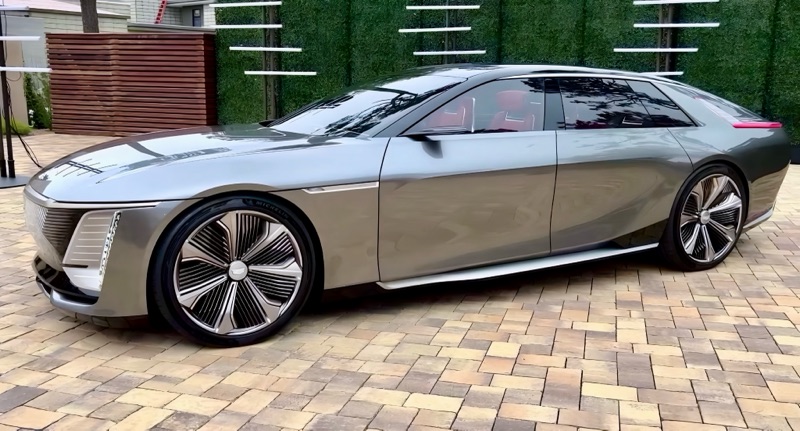
A New Icon, Born from Cadillac’s Golden Legacy
Cadillac has long been synonymous with elegance, from the curvaceous 1959 Eldorado to the razor-sharp 1967 Fleetwood. The Celestiq prototype draws inspiration from these icons—not by copying them, but by reviving Cadillac’s commitment to craftsmanship, presence, and technological daring.
Each Celestiq will be hand-built in Detroit—a nod to Cadillac’s bespoke past. Just as the V16-powered Cadillacs of the 1930s were tailored for elite clientele, the Celestiq offers extensive personalization, with no two units exactly alike.
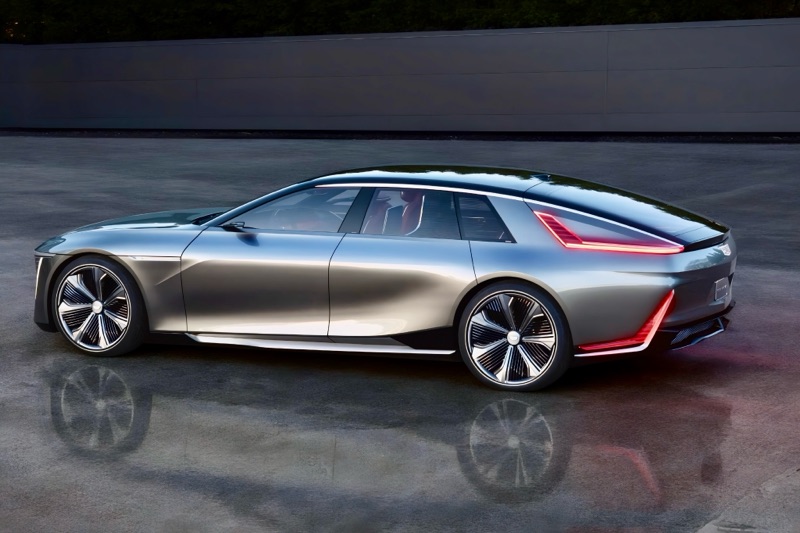
Design: A Rolling Sculpture
The Celestiq prototype is more than sleek—it’s sculptural. From its long hood and fastback silhouette to its expansive glass roof and premium materials, every detail screams art deco futurism. Its design echoes legendary show cars like the 1957 Eldorado Brougham and even the 1933 Aerodynamic Coupe.
Key exterior highlights:
- All-glass smart roof with adjustable tint
- LED lighting signature inspired by concept vehicles
- Hand-finished aluminum and carbon fiber body panels
- 23-inch wheels wrapped in performance touring rubber
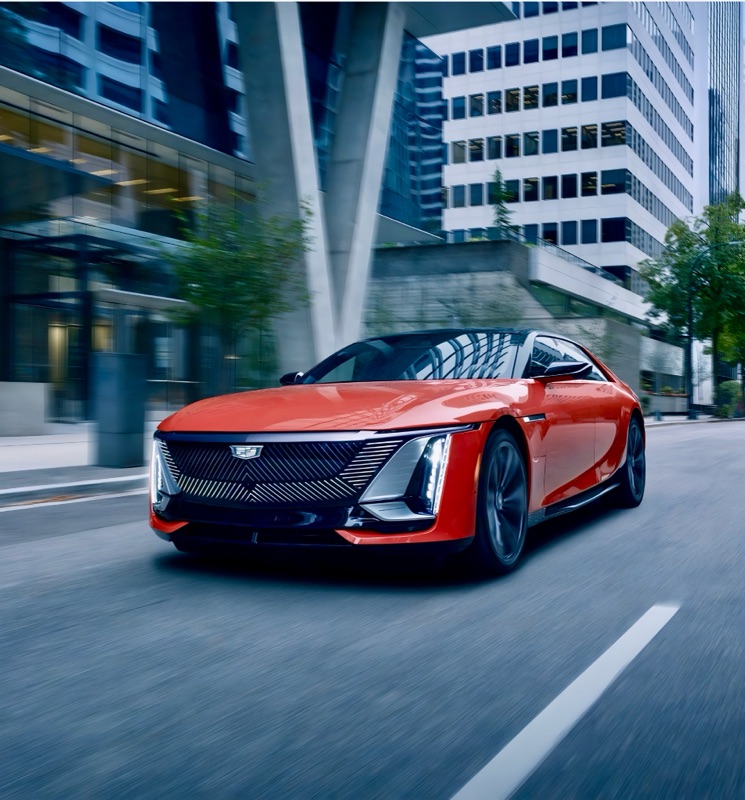
Inside, Cadillac dials up the drama with:
- A pillar-to-pillar 55-inch digital display
- Hand-wrapped leather, metal, and exotic wood
- 4-passenger executive seating
- A custom “concierge control” system
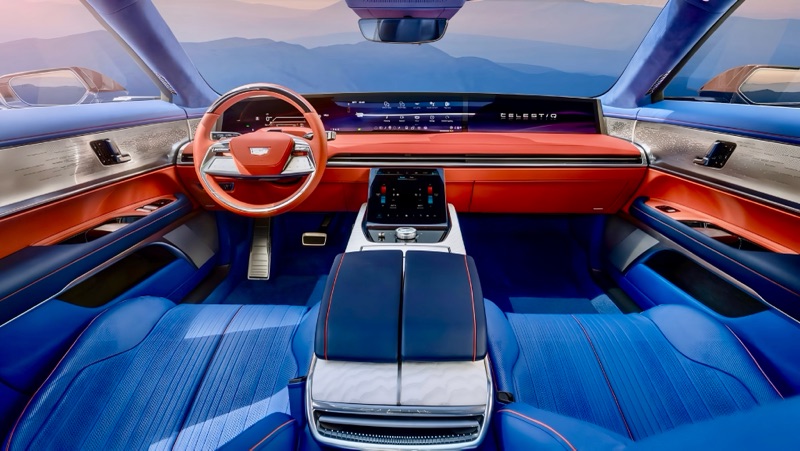
Under the Hood: Electric, Yet Emotionally Powerful
While the Celestiq ditches internal combustion, it doesn’t abandon the idea of performance.
The prototype is based on GM’s Ultium EV platform, offering an estimated 600 horsepower and zero to 60 in under 4 seconds.
Range? Expect up to 300 miles on a single charge, plus fast-charging capability that rivals the best in the EV world.
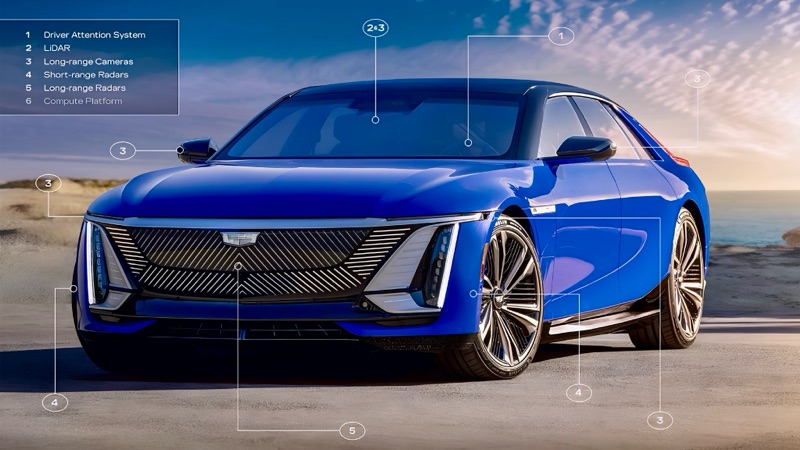
But more importantly, Cadillac engineers focused on delivering a magic carpet ride—adaptive air suspension, active rear steering, and the quietest cabin ever in a GM vehicle.
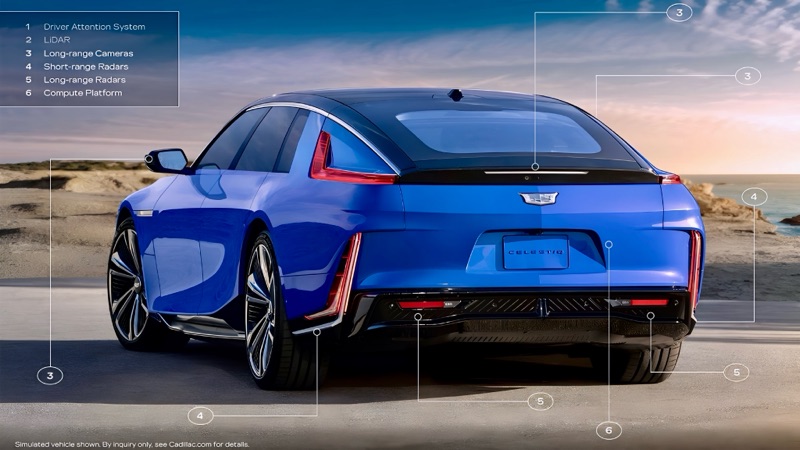
Why the Celestiq Prototype Matters to Classic Car Collectors
You might be wondering: “Why should I, a classic car enthusiast, care about a modern EV?”
Here’s why:
- Limited Production – Only a few hundred Celestiqs will be made per year.
- Coach-Built Philosophy – Just like the pre-war Duesenbergs and V16 Cadillacs, each Celestiq is a bespoke piece.
- Heritage Reimagined – It bridges the past and future in a way few vehicles do.
- Future Collectibility – With its rarity, design, and hand-built nature, the Celestiq is poised to become a future classic.
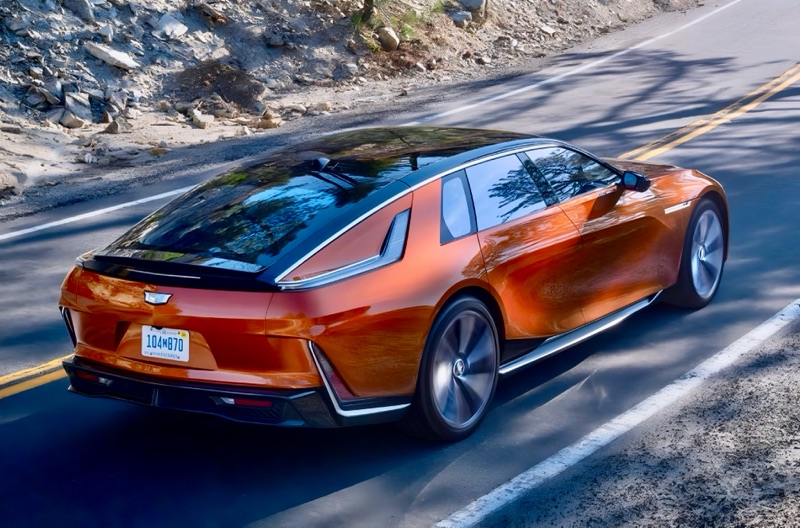
Final Thoughts: The Cadillac Celestiq as a Collector’s Time Capsule
The Celestiq prototype is more than an electric car—it’s a time capsule that captures where Cadillac came from, and where it’s going. In 20, 30, or 50 years, collectors will look back at this model as the moment Cadillac reclaimed its identity as America’s standard of the world.
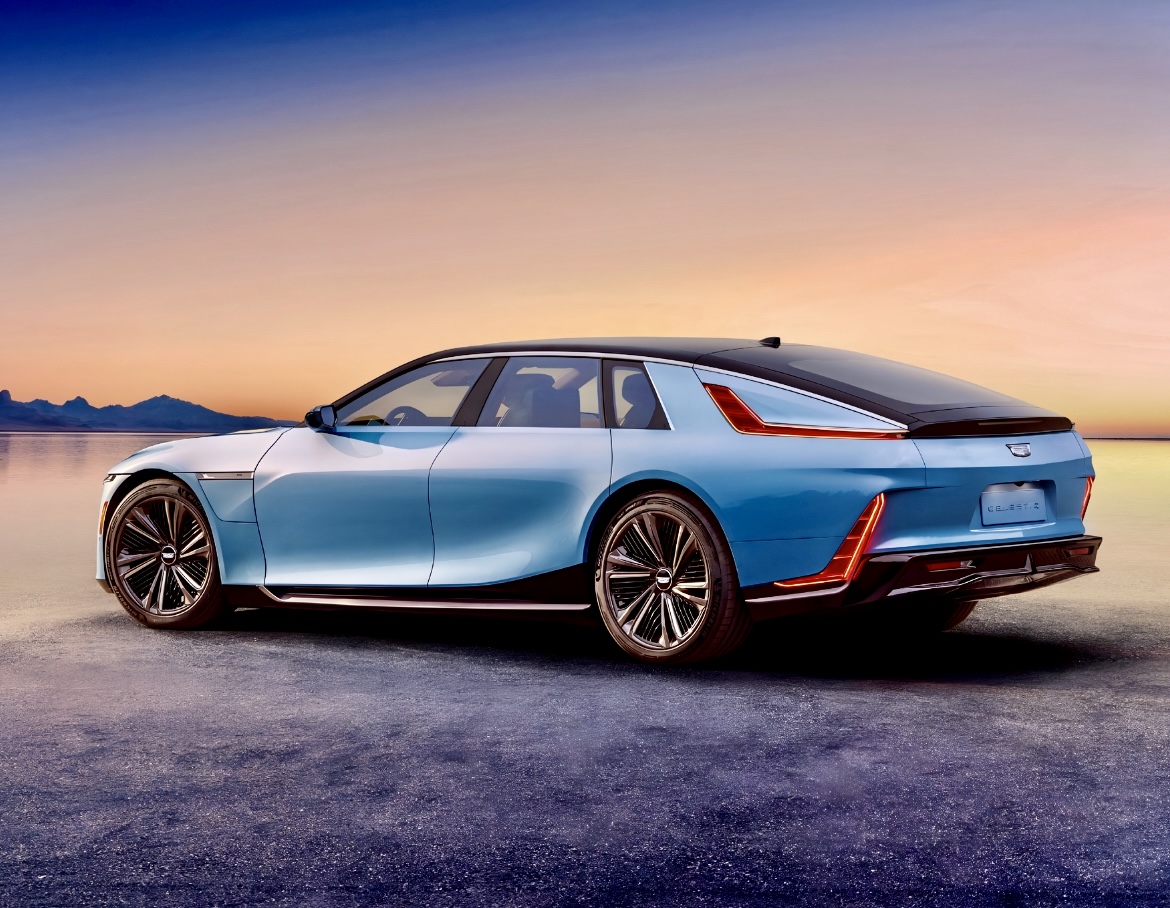
If you’re lucky enough to see a Celestiq prototype in person—or even own one someday—you’re not just looking at a car. You’re witnessing the rebirth of American luxury.
- Get link
- X
- Other Apps
Comments
Post a Comment